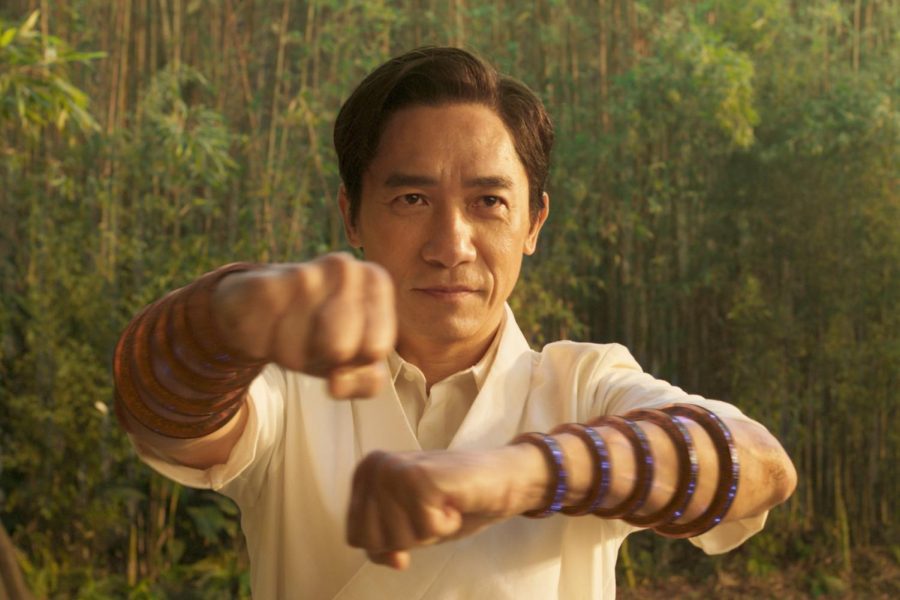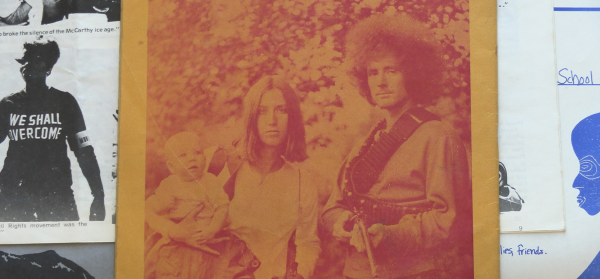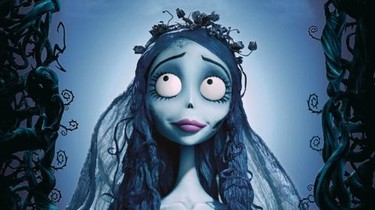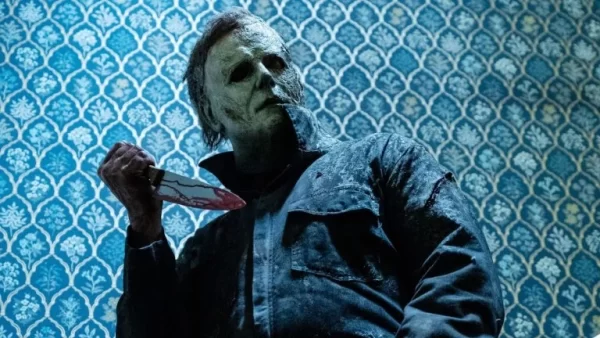Tony Leung Origins: Before “Shang-Chi”
Every character in a Marvel movie has their own origin story. Here’s Tony Leung’s.
The Marvel Cinematic Universe’s latest installment, “Shang-Chi and the Legend of the Ten Rings,” has become one of the most successful movies in the past two years, despite pandemic setbacks. According to Box Office Mojo, the movie has raked in nearly $400 million worldwide. Half of those profits came from North American audiences who might have been drawn to this movie by Awkwafina who gained fame from “Crazy Rich Asians” or Simu Liu who is known for his role in “Kim’s Convenience.” However, Asian audiences were most likely drawn by Wenwu’s actor Tony Leung who holds six total best actor awards given Hong Kong film awards and the Cannes Film Festival. His acting abilities on top of his suave appearance caused him to be labeled “the man who can speak with his eyes” in Asian countries. Despite being well-renowned in Hong Kong and Asia in general, most American audiences don’t know about Leung’s filmography because “Shang-Chi” is his first American production as well as his first English-speaking role, despite always being fluent in the language.
Leung’s father abandoned his family when he was only eight years old because of his gambling addiction. Because of this, the man that Asian audiences swooned over grew up as an introvert. Eventually, Leung met his best friend, Stephen Chow, who also came from a broken family. His best friend aspired to be an actor while Leung went with the flow and viewed acting as a hobby and an outlet to express his emotions. The two of them composed short films as a bit of good fun, but Chow was destined to take the next step and make acting his life. Chow auditioned for the acting school in one of Hong Kong’s biggest broadcasting companies. Leung auditioned as well just to act as moral support for his friend. In an ironic twist of events you’d only see in a comedy movie, Chow was rejected, but Leung got in. This acting school forever changed Leung’s life as he began to star in many award-winning films, including those made by every film major’s favorite director, Wong Kar-Wai.
Just an FYI: Things did end up working out for Chow as he now has over 70 acting credits on IMDb. He’s most known for his roles in “Shaolin Soccer” and “Kung Fu Hustle.” He also continues to direct and produce films as well.
So you’ve finished watching “Shang-Chi” and want to watch more of Leung? Here’s where you can get started:
“In the Mood for Love” (2001)
Synopsis: Two couples move into apartments side by side. A wife from one apartment and a husband from the other instantly connect with one another when they speculate that their absent spouses are having affairs with one another.
Taking a look at his filmography, let’s establish that it is a no-brainer that a man as handsome as Leung will star in a lot of romance films. However, it is debatable as to whether or not “In the Mood for Love” can even be considered a romance film. During the movie, Leung’s character and his love interest make an agreement to keep their relationship platonic no matter what in order to not follow the footsteps of their cheating spouses. As the film progresses and the audience watches every interaction the two have with one another, there is that lingering sense that maybe Leung and his “love interest” should be more than friends. Director Wong Kar-Wai doesn’t just pull at your heart strings, he makes you feel dirty as you scream at your laptop screen telling these two characters to cheat.
Additionally, this movie is one of the most visually beautiful pieces of art ever. A lot of film fanatics like to use the term “every frame a painting” when describing a visual masterpiece and if any movie deserves that title it’s this one. To prove this, I randomly clicked on three different timestamps for the movie and took a screenshot. Here’s what I got:
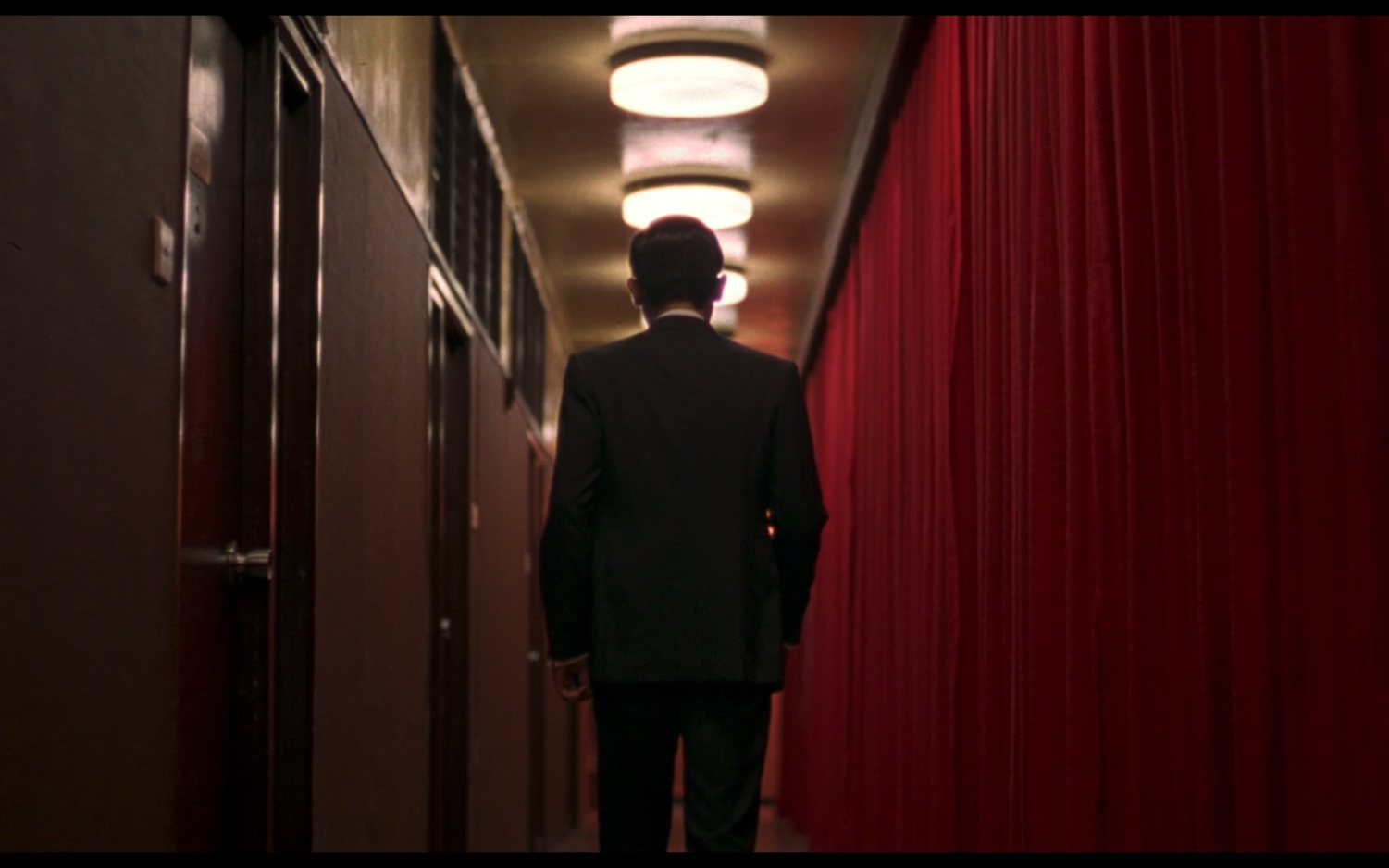
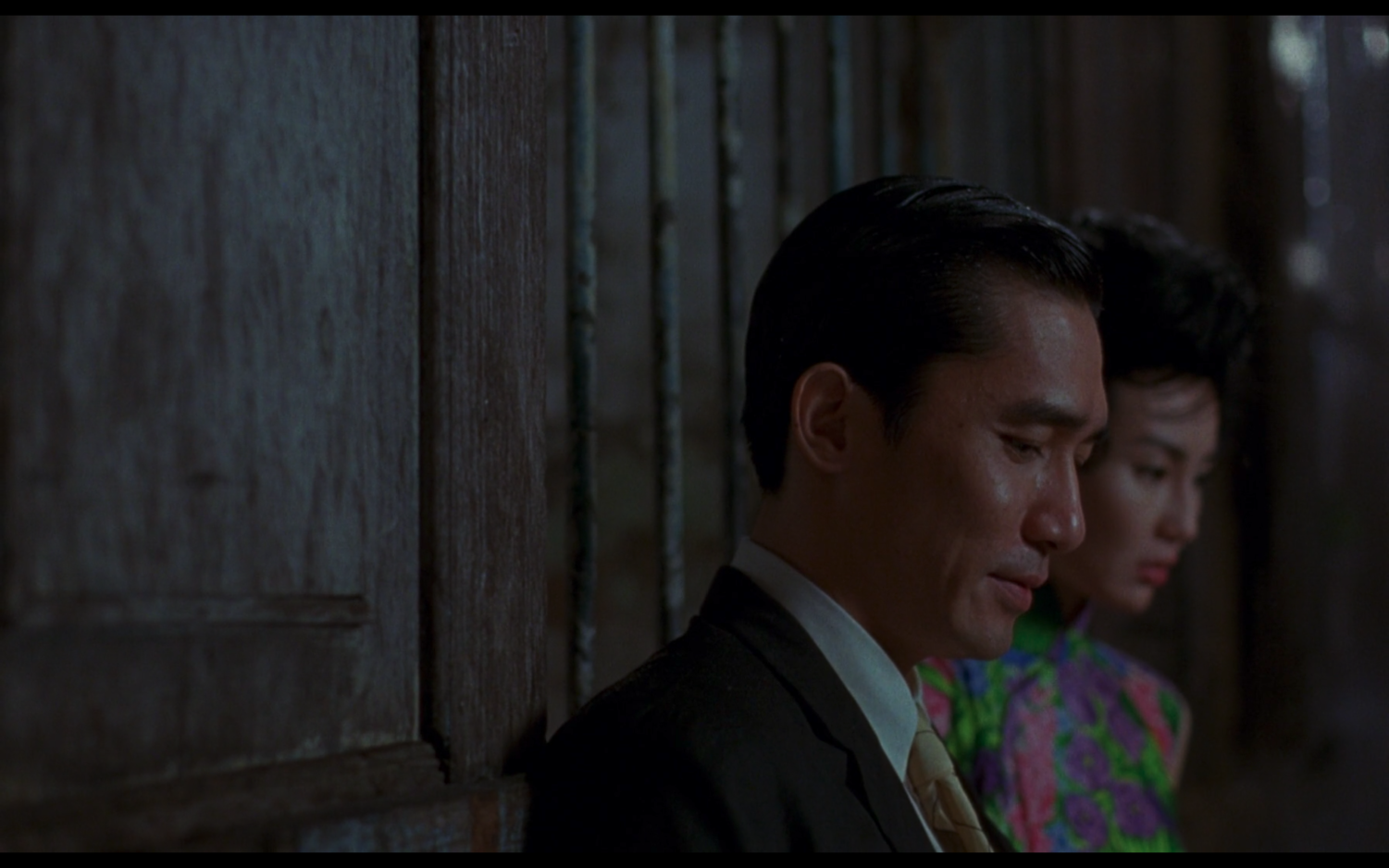
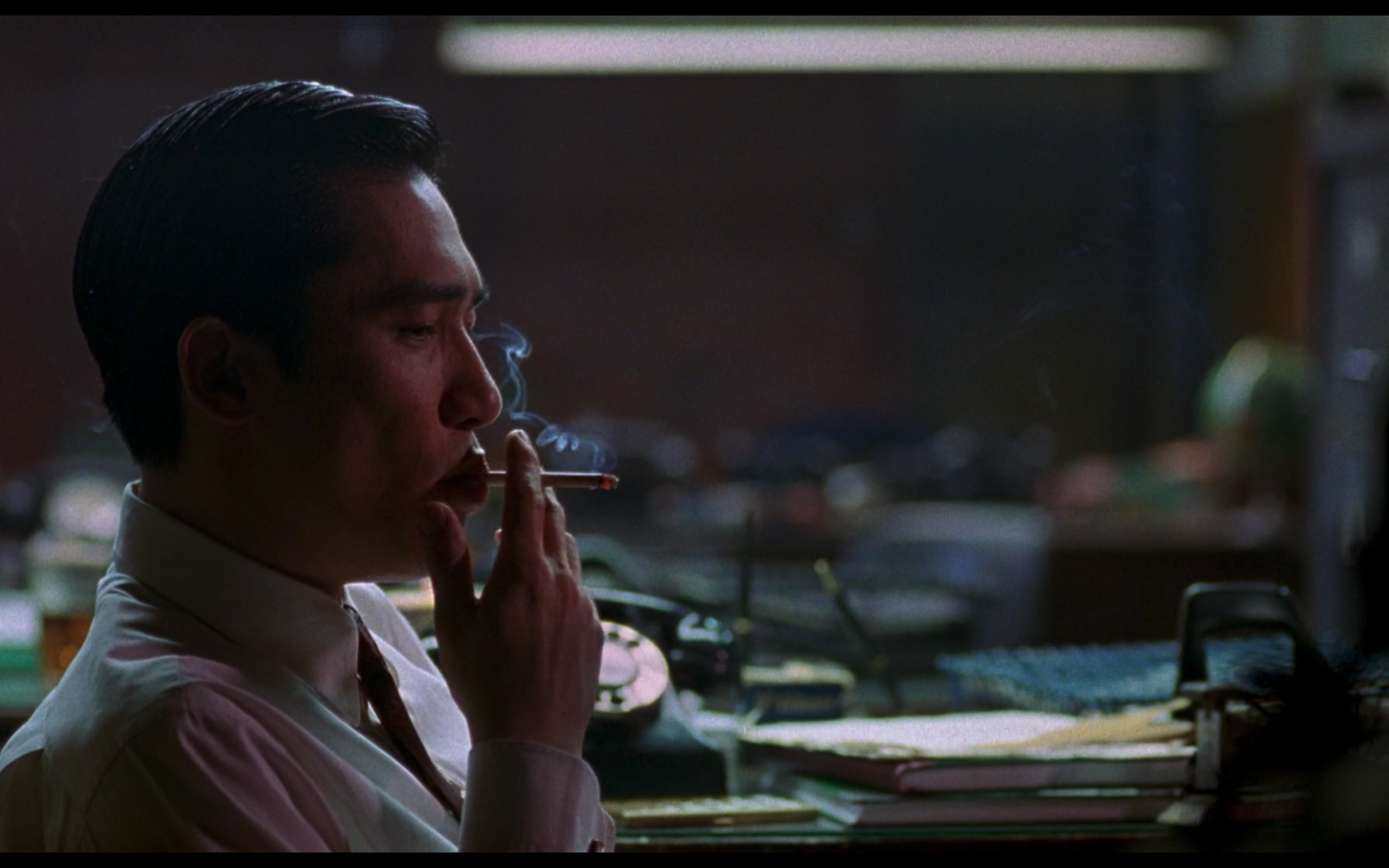
This isn’t just a movie, it’s a piece of art.
Where to watch: The Criterion Channel, HBO Max
“Chungking Express” (1994)
Synopsis: This movie is divided into two different love stories that both involve police officers. One officer falls in love with a woman who is secretly one of the most dangerous criminals in Hong Kong. The other officer (played by Leung) falls in love with a strange waitress that has an obsession with the song “California Dreamin’” by The Mamas & The Papas.
“Chungking Express” is one of those movies that make you feel immersed in the setting. After just ten minutes of the movie, the audience will begin to realize how different the streets of Hong Kong are compared to anywhere in America. It’s as if the setting is a character in itself. What stands out about this movie is that its structure is so unconventional with two separate storylines being told right after one another, but everything ties in together in the end. This movie influenced a lot of modern filmmakers such as Quentin Tarantino and Barry Jenkins. Lastly, it is impossible to talk about this movie without talking about the song “California Dreamin.’” It plays for half the movie, but it never becomes repetitive or annoying. In fact, it might just get stuck in your head because it constantly matches the happy-go-lucky mood of the second half.
“Infernal Affairs” (2002)
Synopsis: To take down one of Hong Kong’s most dangerous gangs, the police send in an undercover officer (played by Leung) to infiltrate their drug empire. Little do the police know, the gang has done the same as one of their members rises through the police ranks. Both sides don’t realize that there is a mole amongst them.
If this movie sounds familiar, it’s because it is the source material of Martin Scorsese’s Oscar-winning “The Departed.” A lot of people don’t realize that “The Departed” is actually an American remake of a foreign film mainly because it’s actually a good movie. Although Scorsese’s depiction is great in its own right, there are still things that the original does better. For one, “Infernal Affairs” is the first entry in a trilogy of films. The characters are much more fleshed out and, without spoiling anything for “The Departed,” their motives are more logical. Alongside “The Departed,” “Infernal Affairs” is the main inspiration for the video game “Sleeping Dogs.” In that video game, an undercover cop in Hong Kong must infiltrate one of the most malicious gangs in Hong Kong. Needless to say, “Infernal Affairs” influenced a lot of modern media.
Email Aaron at [email protected] or follow him on Twitter @WhatTheFacundo.

